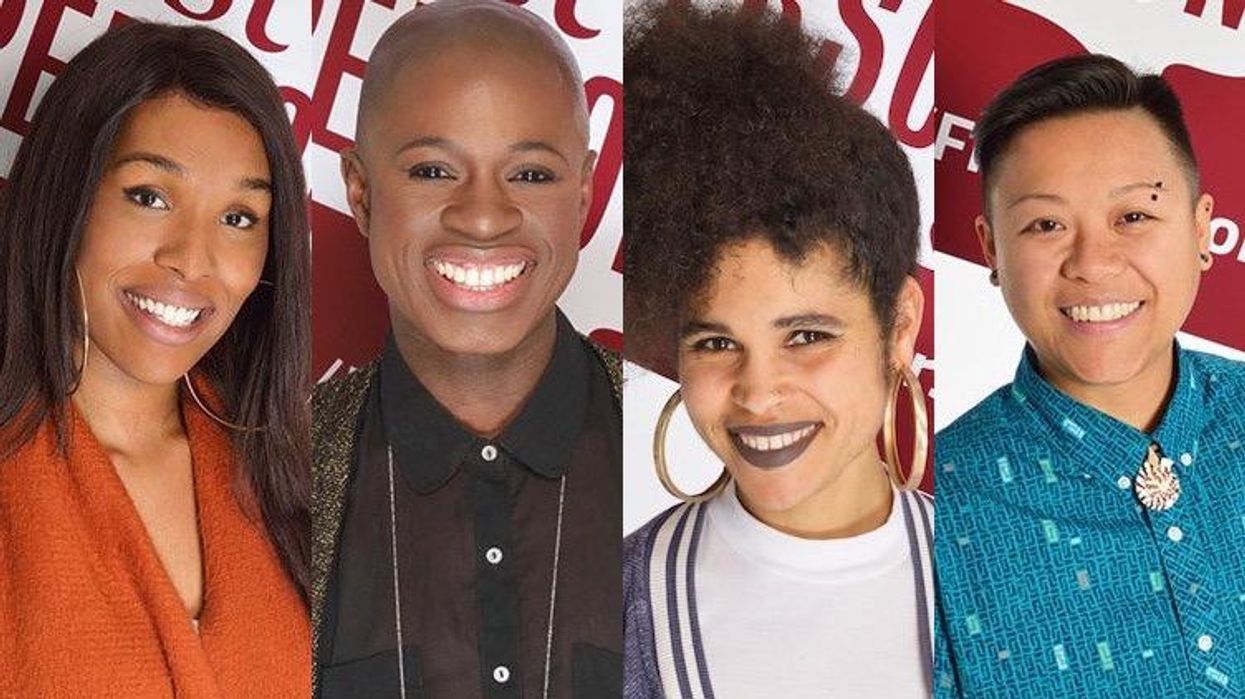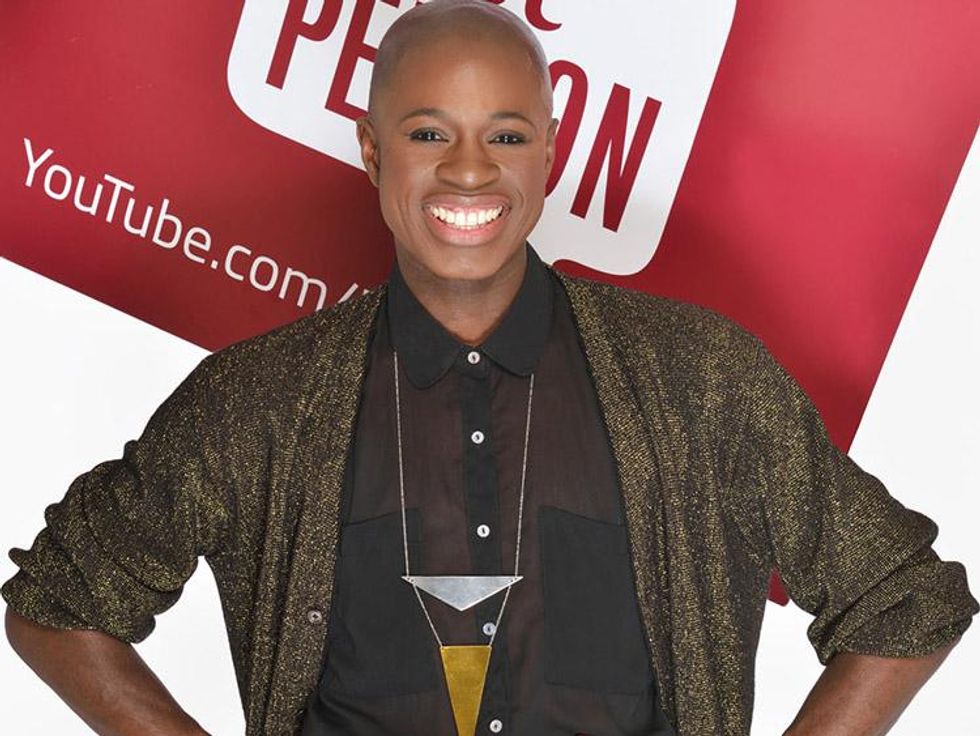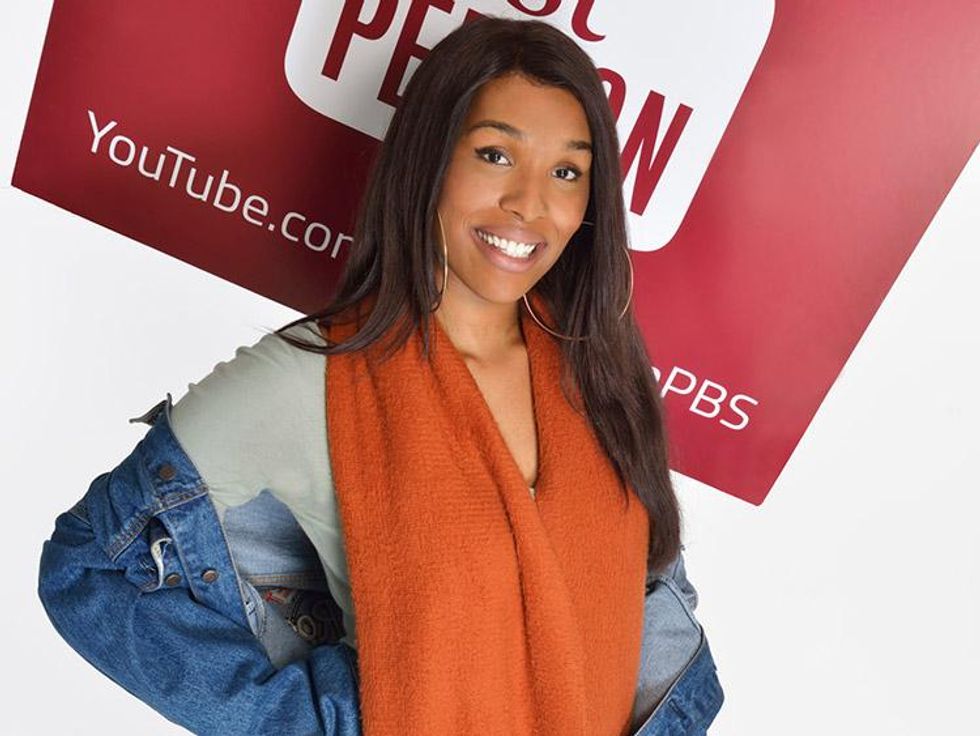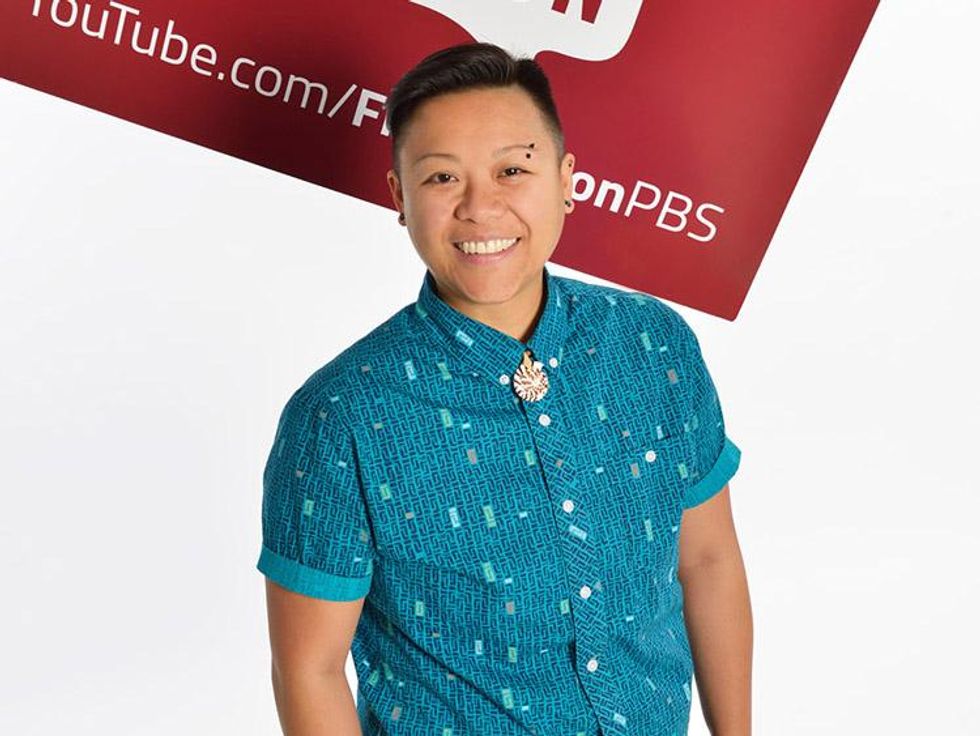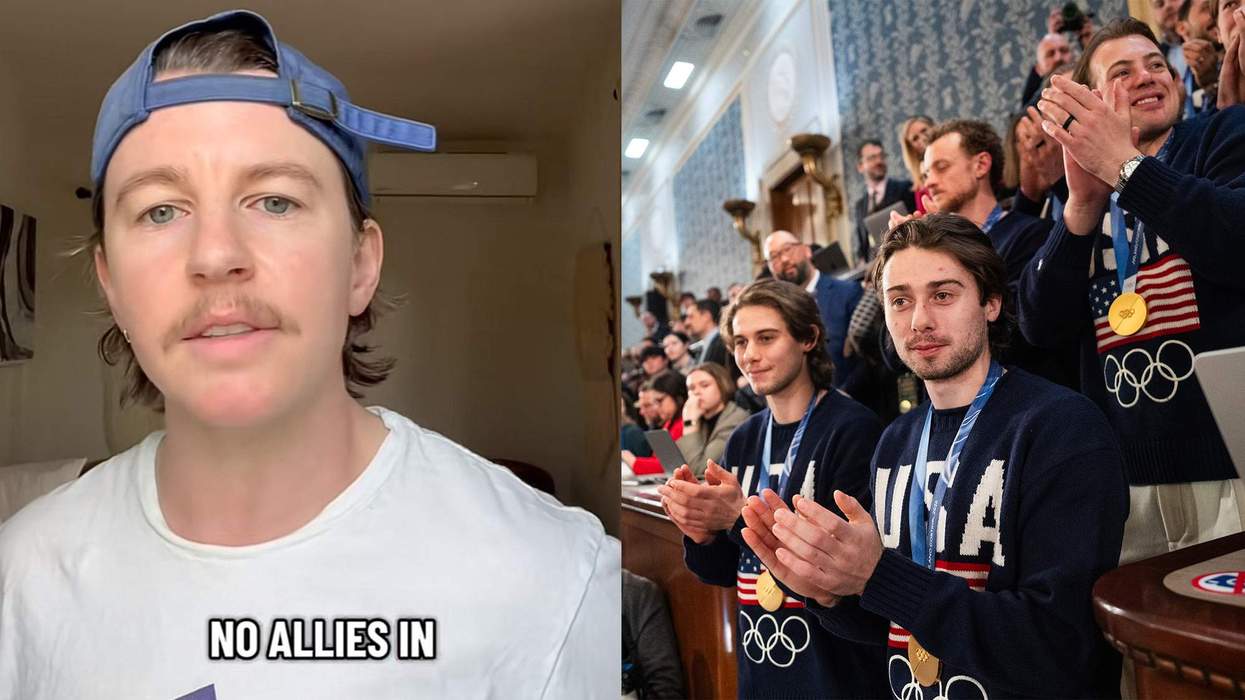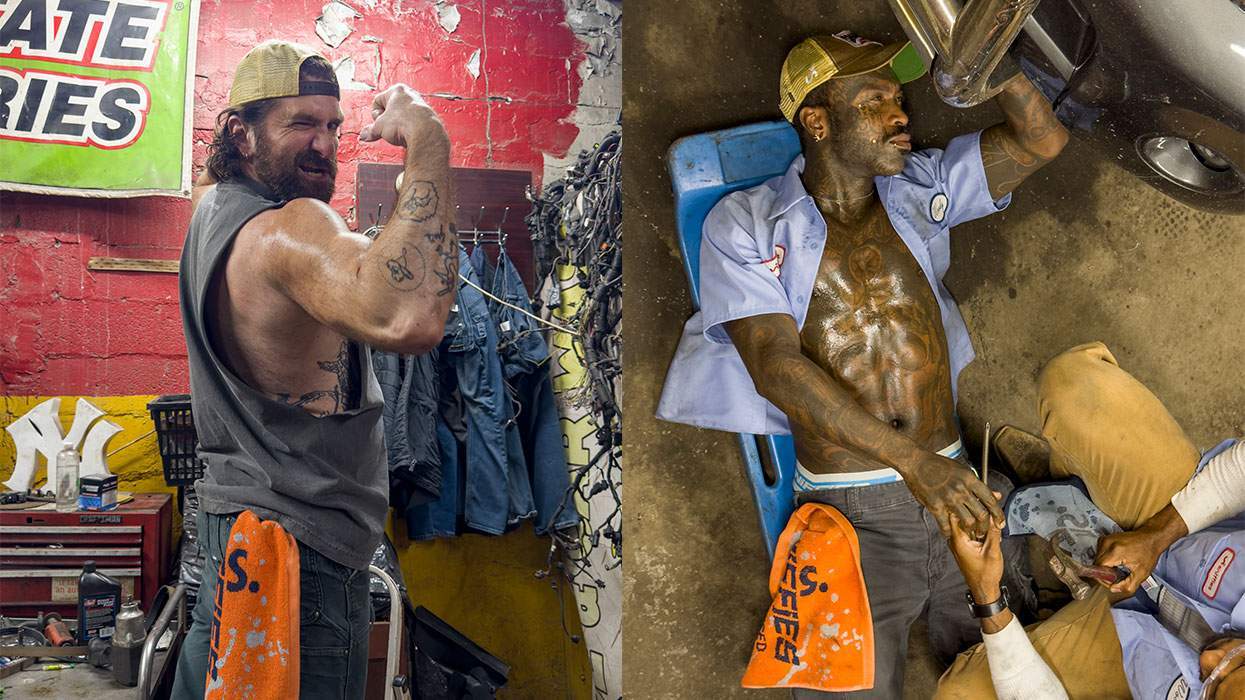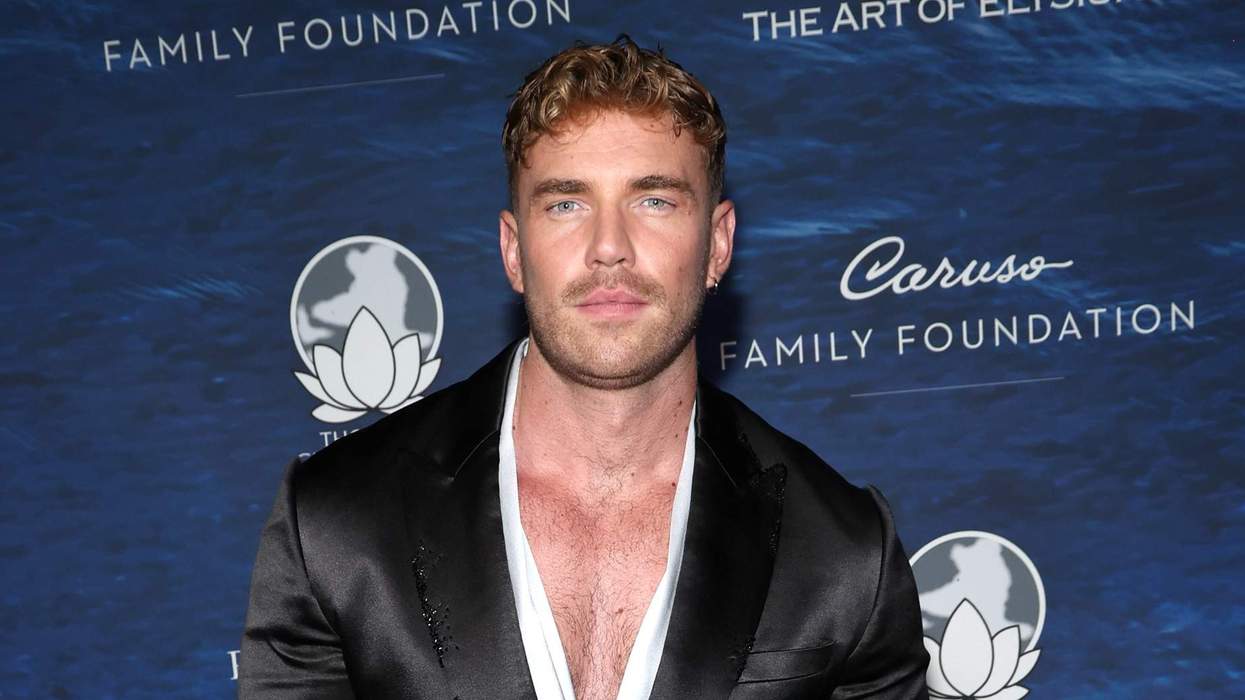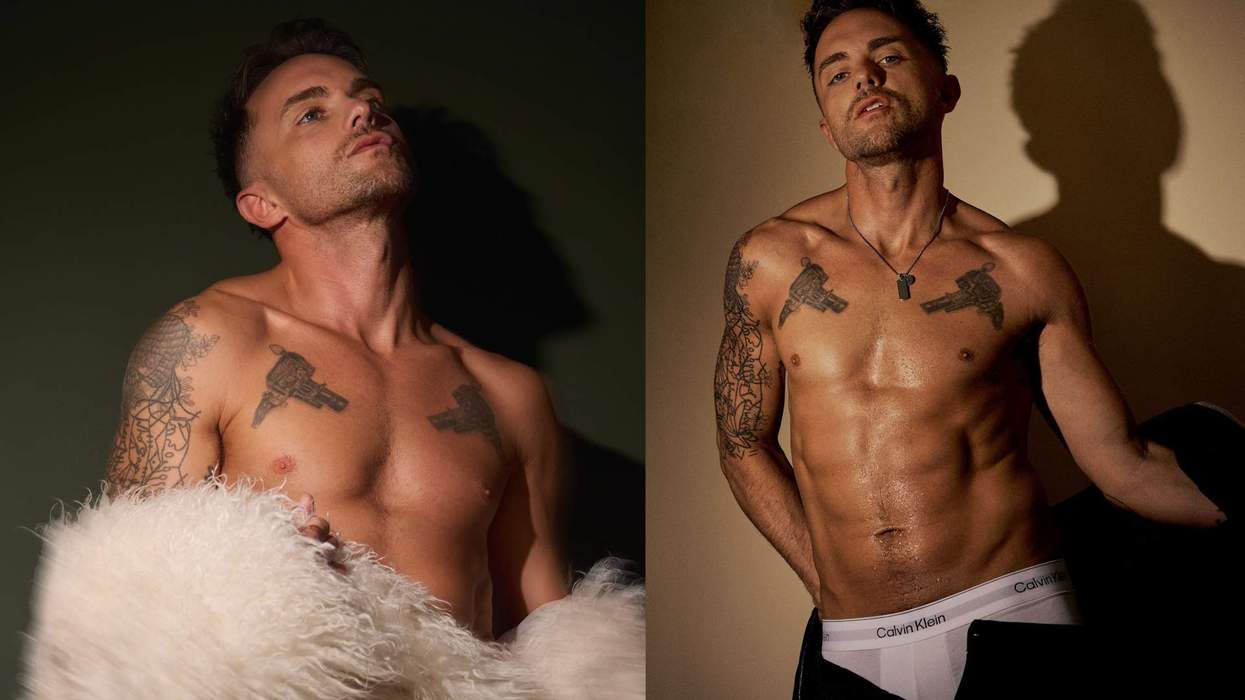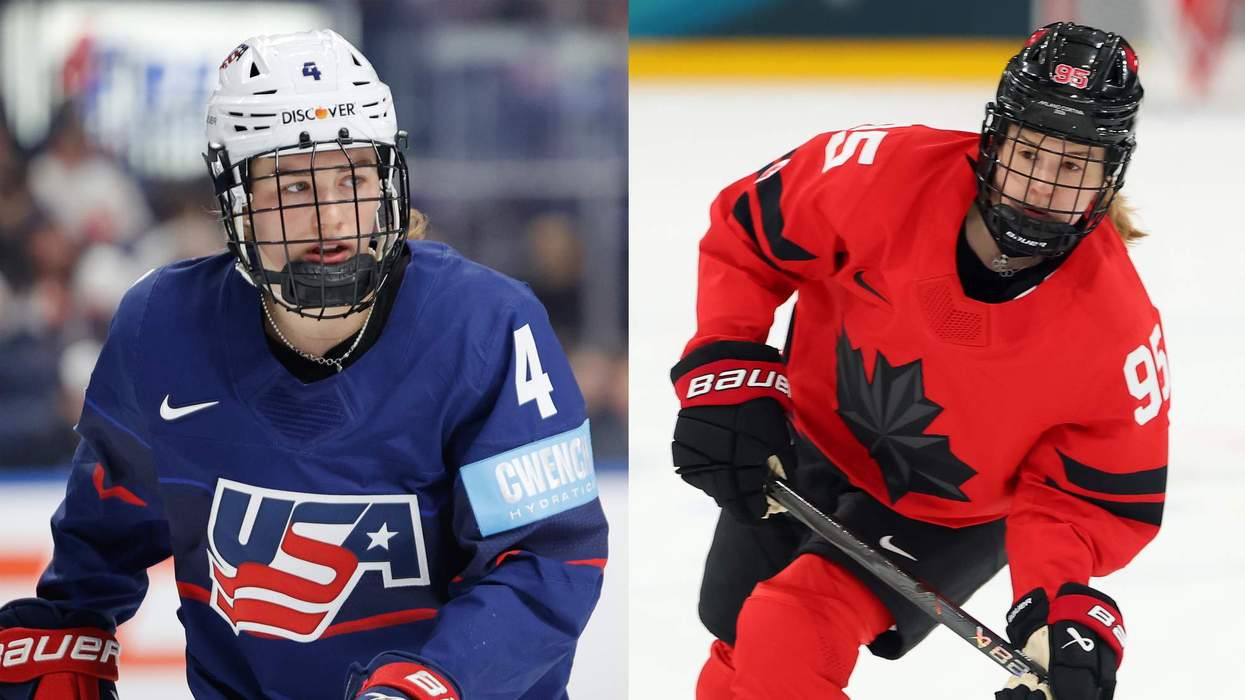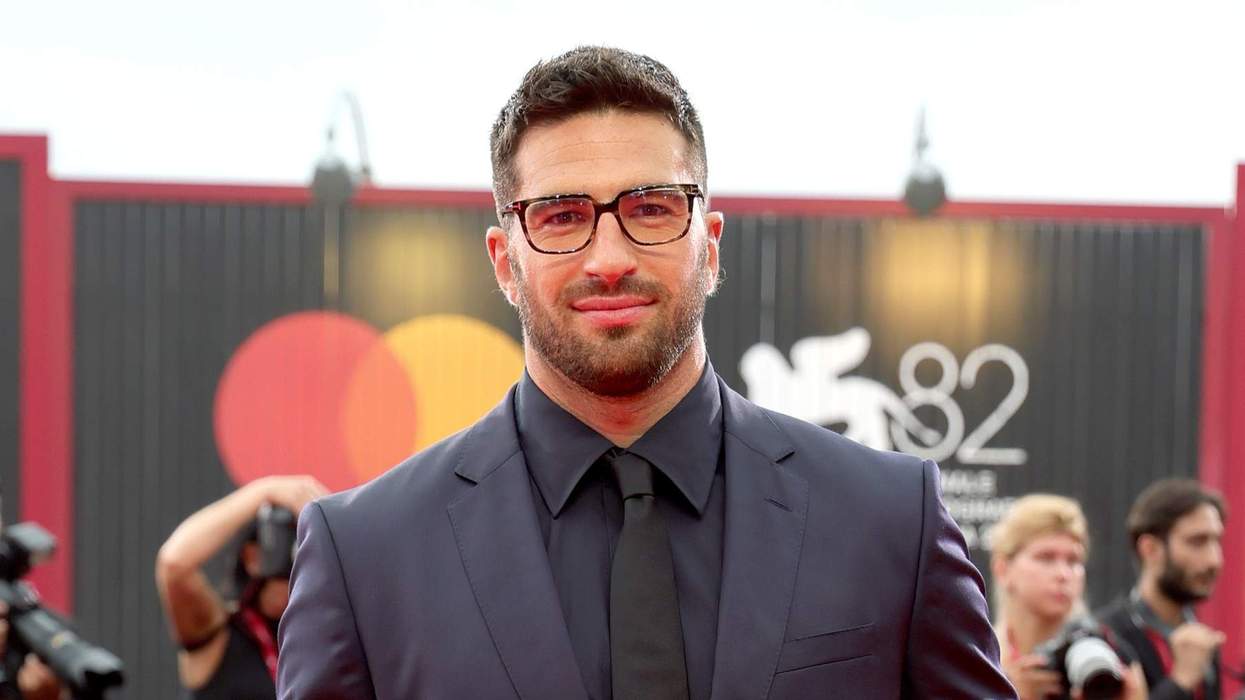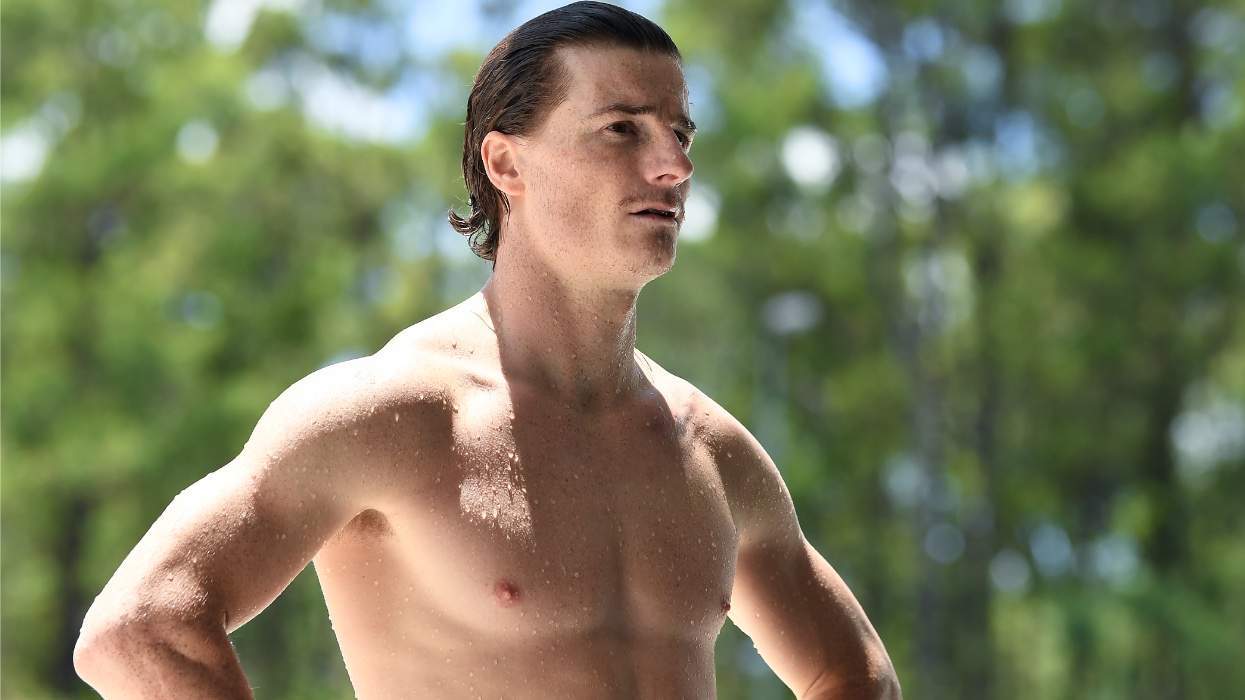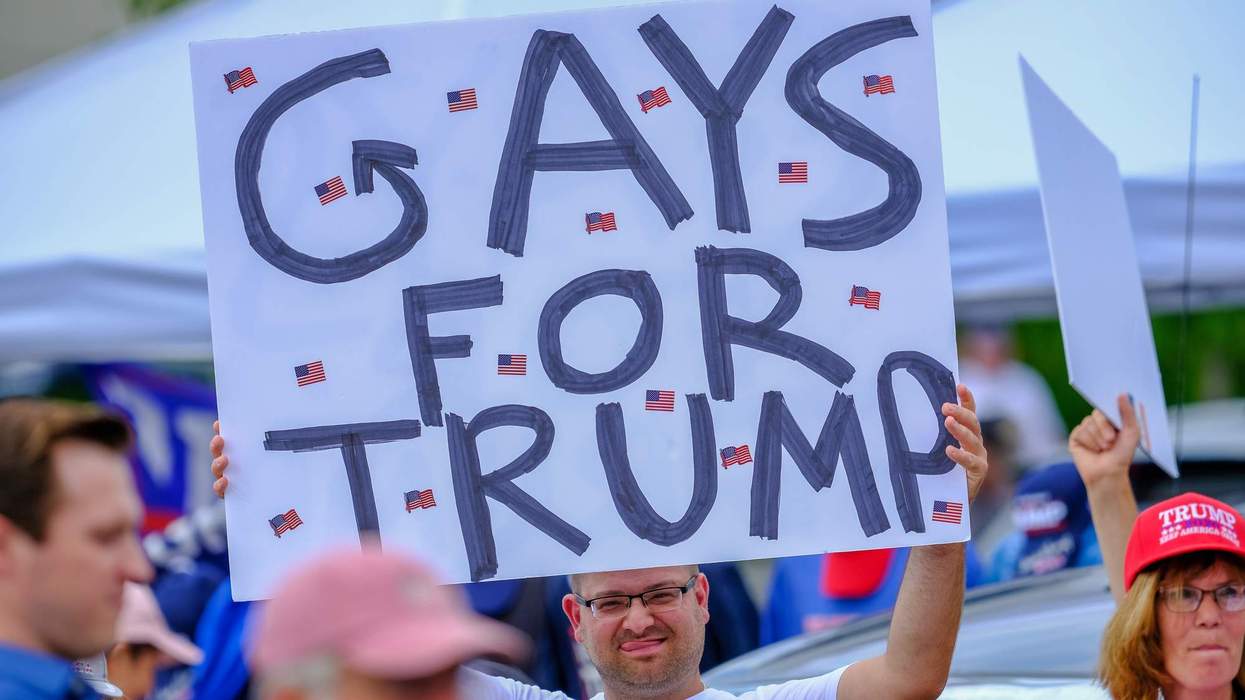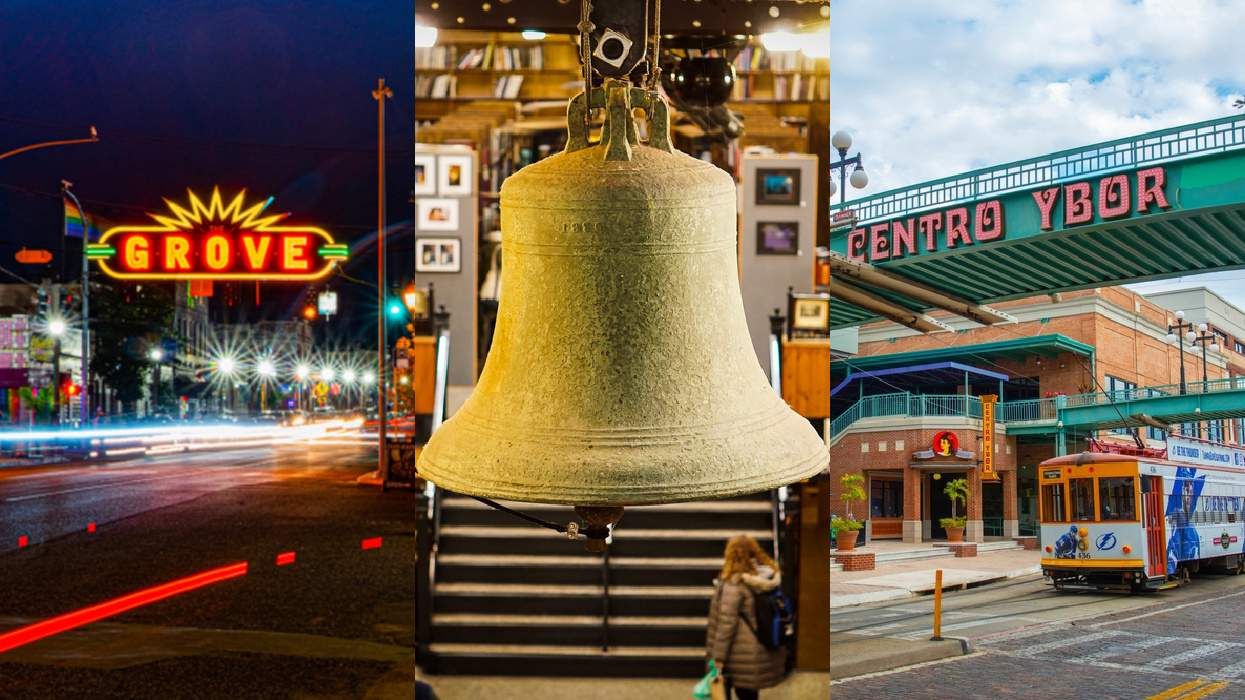Visibility leads to conversation and conversation leads to action. It's a simple mantra, yet it's one that's often lost in translation when it comes to representation for the LGBTQ community. We've all cringed at the sight of yet another cisgender actor taking on the role of a transgender character or the tendency to associate the narratives of heteronormative, wealthy white gay men with the entire community.
For PBS Digital Studios and WNET, the flagship PBS station based in New York City, the problem of presenting a single narrative is a habit they're fighting back against one episode at a time with their web series, First Person. Through interviews and personal narratives from a spectrum of LGBTQ+ people, the series explores issues of queerness, gender identity and sexuality and, for the second season, it's been rebuilt from the ground up.
The show has brought on four new hosts to bring a diverse array of backgrounds to the mix to tackle topics that range from cosplay in the queer community and Islamophobia to transitioning in the Asian-American community and coming out as gender non-binary in the workplace. The panel of hosts include trans activist and artist, Aaryn Lang; activist, choreographer, dancer, singer, actor, gender nonconformist and drag queen, Donald Shorter; award-winning writer, performer, cultural worker queer woman, Kirya Traber; and genderqueer writer, director, and educator for stage and film, Toniyln Sideco.
To celebrate the start of the second season and today's debut of episode two, OUT caught up with four hosts to talk about their experience on First Person and the lessons they've learned from guests that included queer Muslim activist Eman Abdelhadi, gay Black playwright Donja R. Love, nationally renowned Black lesbian poet and activist Staceyann Chin.
OUT: What was the most important part of your own background that you wanted to bring to the show's second season?
Donald: That it's okay to be your authentic self. Yes, that's going to be scary and it's not going to be easy but when you get there it's one of the most liberating places to be in life.
Aaryn: My favorite thing is that we aren't focused on just one part of someone's identity, we're focusing on the person--the body that houses all of the identities and experiences that have led our guest to us, and us to them.
Donald Shorter (Photo courtesy of WNET and PBS Digital Studio)
OUT: By the end of the season, what surprised you most about your experience?
Tonilyn: I'm still processing and watching these stories unfold along with our audience! Every day, I get to learn something new about the team and all the amazing work and determination they have to honor our experiences... it's all quite beautiful.
Aaryn: I would say more than a surprise, I experienced a deep resonance from the lovely people I interviewed. Hearing about people's insecurities and struggles--though I know we all have them, is so deeply affirming, but it is especially impactful when you hear them from people you admire.
Aaryn Lang (Photo courtesy of WNET and PBS Digital Studio)
OUT: Do you have a favorite moment that's stuck with you?
Aaryn: In my interview with Ericka Hart, we talked about imposter syndrome, and not always being able to receive more congratulatory truths and affirmations about ourselves. Ericka discussed how much her life had improved when she began to lean in, rather than to shying away from these affirmations.
I feel like Black women do so very much to progress our own lives, and everyone else's, yet we still often don't feel like we actually have the juice, or worth to accomplish what we'd like to. There is nothing more powerful than a woman that believes in herself.
Kirya: I think the theme that came up for me in both of my interviews, and something that has been so important in my personal journey, is the importance of finding and building community as a queer person. While our own sexuality and gender identity will always be extremely personal, I think it's finding others who identify similarly to us, and who see us and honor in our full identities that we begin to feel free to truly be ourselves.
Kirya Traber (Photo courtesy of WNET and PBS Digital Studio)
OUT: In your own words, why is it so vital to showcase a broad array of identities through hosts and interviewees?
Tonilyn: Portrayals and representations of queer people (and queer people of color specifically) are often told by people on the outside looking in like we are rare creatures needing to be made sense of. What I love about First Person is that the broad range of identities is visible in front of the camera and that a really intimate and candid glimpse into the experiences of someone is told in the "first person" voice.
It is vital that we tell our own stories and that people who experience the privilege and ability to speak up and talk all the time without fear or shame, can step aside and create room for folks who are often left marginalized and silenced.
Kirya: In most of our media, LGBTQ+ identity is gravely reduced to stereotypes and monolithic representations of who we are--people of color and gender non-conforming people are erased from representations. I'm so proud that this show is dedicated to complicating rather than simplifying what it means to be queer.
Tonilyn Sideco (Photo courtesy of WNET and PBS Digital Studio)
OUT: What message do you hope you conveyed to the viewers while on the show?
Tonilyn: I hope that I've left people with a sense of feeling that they are not alone... that you can be queer and fabulous and live a full life and that the people on our show who were so willing to live authentically in their truth are amazing examples of that.
Aaryn: I want our guests to leave with a new responsibility to themselves and the world they inhabit. I hope the message that is received by our viewers is that "you can be you, and that you can change the world." That is the message I needed as a young thing, and a message that so many people still need to hear today.



